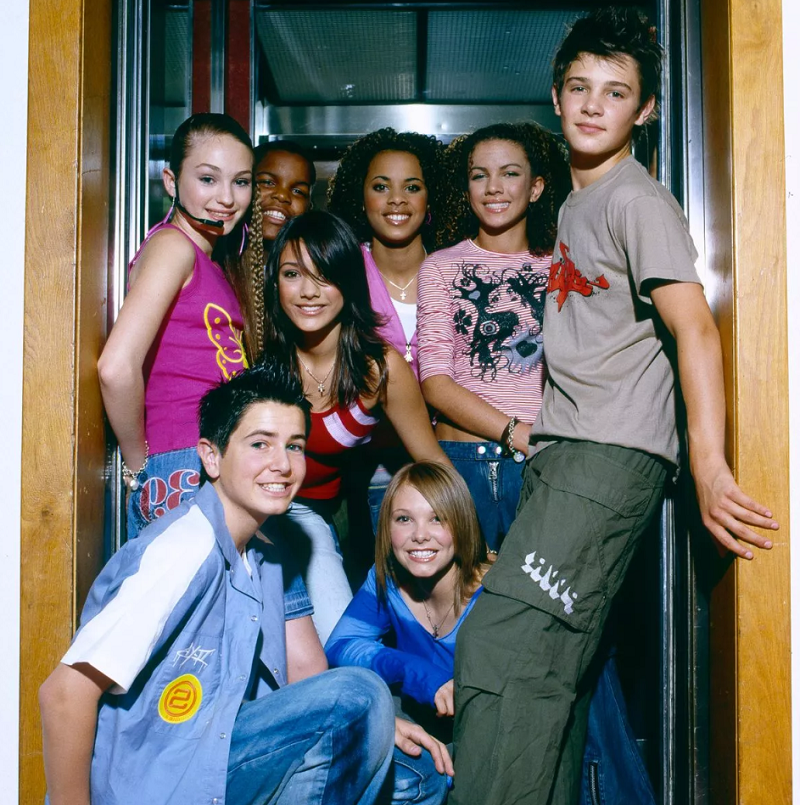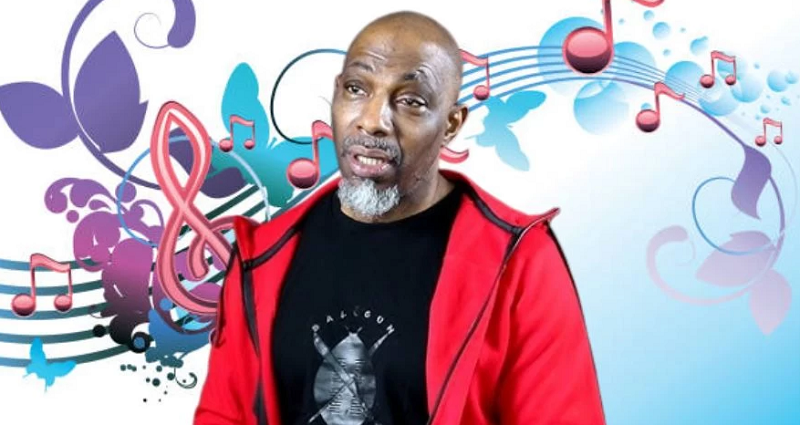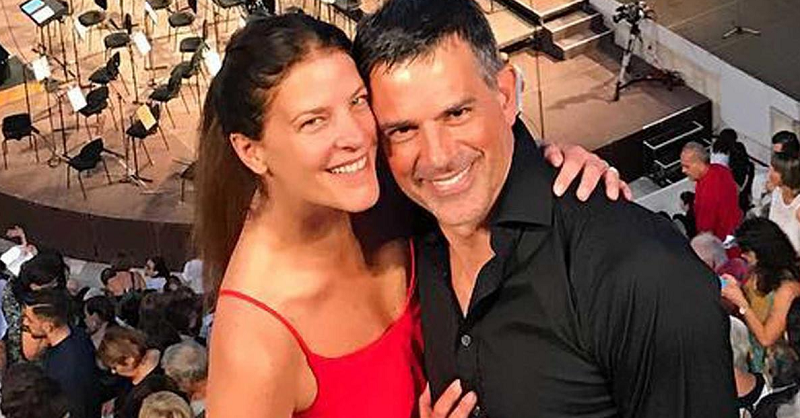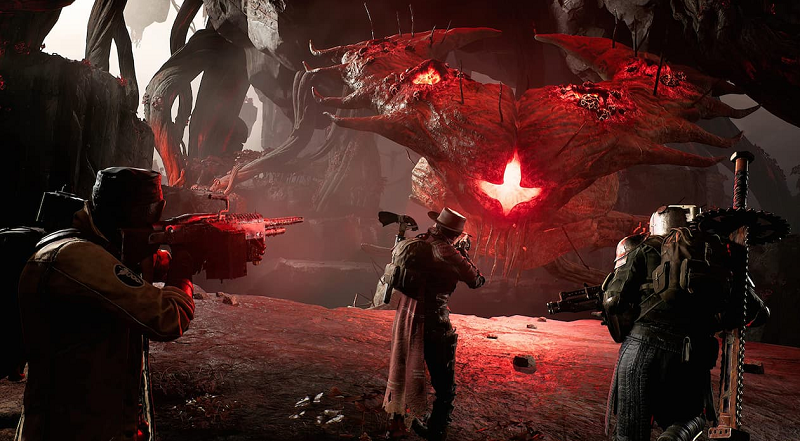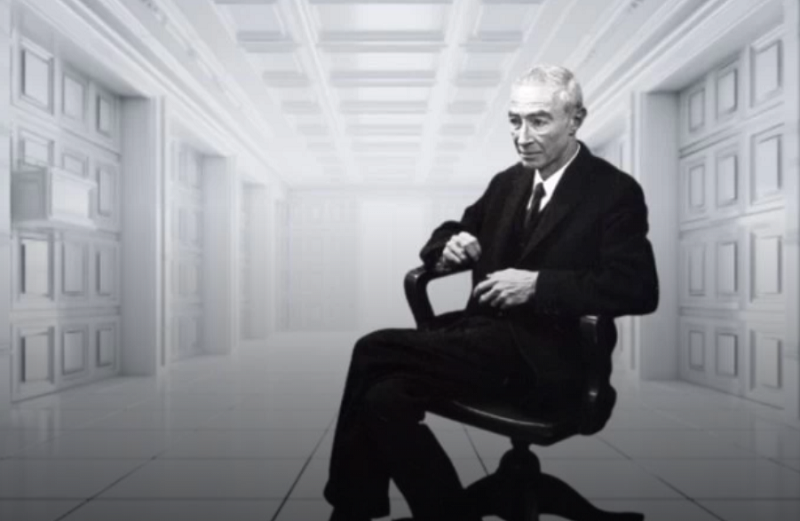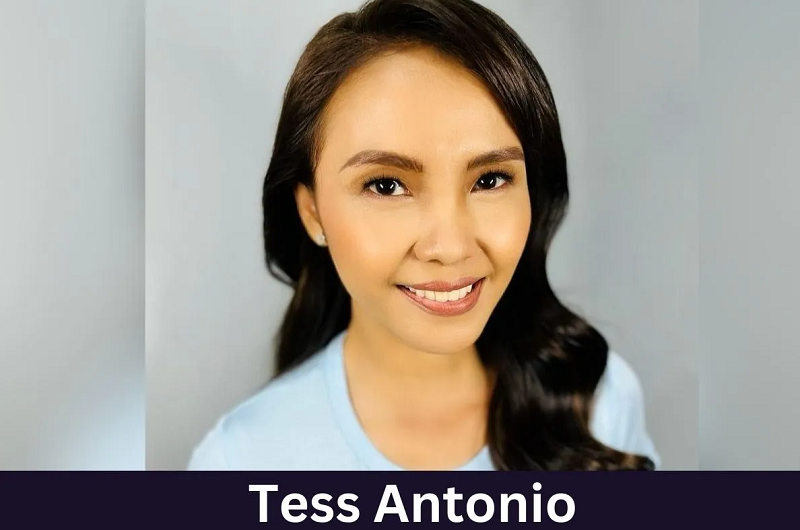
In search of NECO Literature Drama and Poetry Solutions 2023? Discover expertly crafted options to the Drama & Poetry part of the NECO Literature in English examination. Put together with confidence and increase your possibilities of success.
NECO
The Nationwide Examination Council (NECO) is an esteemed examination physique in Nigeria, answerable for conducting two main examinations: the Senior Secondary Certificates Examination (SSCE) and the Common Certificates in Training (GCE). These examinations are sometimes held in two separate classes, one in June/July and the opposite in November/December.
NECO performs an important function within the Nigerian schooling system by offering a good and standardized platform for assessing the tutorial talents and data of scholars. The outcomes obtained from these examinations assist form the tutorial future of scholars, guiding them in direction of acceptable profession paths and additional research.
The examinations are rigorously ready by NECO, making certain that they align with the nationwide curriculum and academic requirements. Moreover, the group takes measures to forestall examination malpractice and keep the integrity of the analysis course of.
Total, NECO’s function in conducting the SSCE and GCE examinations contributes considerably to the event and enchancment of Nigeria’s schooling system. It aids in making a well-educated and competent workforce, fostering nationwide growth, and selling particular person development and alternatives.
NECO Literature Drama and Poetry Solutions 2023
The questions and solutions haven’t been launched but, if there may be any replace so we let you realize as quickly as attainable. Nonetheless, the NECO Literature Drama and Poetry Solutions 2023 launched till you possibly can apply with the previous questions to your examinations.
1. Select the phrase that finest completes the sentence.
The armed robbers searched each room within the financial institution to search for cash.
A. rummaged B. ransacked C. raided D. explored
Reply: B
Rationalization: The phrase “searched” is probably the most acceptable phrase to finish the sentence as a result of it means to search for one thing rigorously. The opposite phrases have totally different meanings. For instance, “rummaged” means to look by means of one thing in a disorderly method, “ransacked” means to look a spot completely and infrequently violently, “raided” means to assault a spot all of a sudden and forcefully, and “explored” means to journey by means of an unknown space to be able to find out about it.
2. Select the phrase that’s most almost reverse in which means to the underlined phrase.
Non secular individuals are anticipated to be ascetic.
A. indulgent B. extravagant C. beneficiant D. average
Reply: A
Rationalization: The phrase “ascetic” means to dwell a lifetime of self-denial and ease. The other of “ascetic” is “indulgent,” which implies to provide in to 1‘s needs. The opposite phrases have totally different meanings. For instance, “extravagant” means to spend cash or sources wastefully, “beneficiant” means to provide freely, and “average” means to be neither too excessive nor too restrained.
3. Select the phrase that comprises the sound represented by the given image.
A. battle B. legislation C. discuss D. stroll
Reply: C
Rationalization: The sound represented by the given image is the lengthy vowel sound within the phrase “discuss.” The opposite phrases don’t include this sound.
4. Select probably the most acceptable query to the given sentence containing an emphatic stress phrase.
Farmers PLANT crops through the wet season.
A. Do farmers harvest crops through the wet season? B. Do farmers plant crops through the dry season? C. Do farmers stage crops through the wet season? D. Do farmers plant crops earlier than the wet season?
Reply: A
Rationalization: The phrase “plant” is burdened within the sentence, which signifies that the speaker is emphasizing that farmers plant crops, not harvest them, through the wet season. The opposite questions don’t make sense within the context of the sentence.
5. Learn the passage under rigorously and reply the questions on it.
The younger man was strolling house from work when he noticed a bunch of boys selecting on a smaller boy. He knew he ought to do one thing, however he was afraid. He had by no means stood as much as bullies earlier than. However then he thought of how he would really feel if he have been the smaller boy, and he knew he needed to do one thing. So he walked over to the group of boys and advised them to depart the smaller boy alone. The boys have been shocked, however they backed down. The smaller boy thanked the younger man, and the younger man walked away feeling good about himself.]
Query 1: What’s the essential thought of the passage?
Reply: The principle thought of the passage is that it is very important stand as much as bullies, even if you’re afraid.
Query 2: What’s the younger man’s character flaw?
Reply: The younger man’s character flaw is that he’s afraid to face as much as bullies.
Query 3: What’s the younger man’s character growth within the passage?
Reply: The younger man’s character growth is that he overcomes his worry and stands as much as the bullies.
NECO Literature Timetable
Date |
Time |
Topic |
Paper Sort |
Length |
|---|---|---|---|---|
| Thursday twenty seventh July | 10:00am – 1:00pm | Physics | Goal & Essay (Paper III & II) | 3 hours |
| Thursday twenty seventh July | 2:00pm – 4:00pm | Woodwork | Goal & Essay (Paper III & II) | 2 hours |
| Thursday twenty seventh July | 2:00pm – 3:40pm | Literature in English | Drama & Poetry (Paper II) | 1 hour 40 minutes |
NECO Literature in English 2023
The NECO Literature in English examination assesses the data and comprehension of literature college students in Nigeria. Administered by the Nationwide Examinations Council (NECO), this examination is often taken by secondary faculty college students of their ultimate 12 months. It covers a broad vary of subjects and texts, together with drama, poetry, and prose.
The examination consists of two sections: the target part and the essay part. The target part options multiple-choice questions that consider college students‘ understanding of literary phrases, figures of speech, and literary gadgets employed in varied literary works. In distinction, the essay part requires college students to compose essays on chosen literary works or texts.
The NECO Literature in English examination encompasses famend literary works and authors similar to William Shakespeare’s Macbeth, Chinua Achebe’s Issues Fall Aside, Wole Soyinka’s The Lion and the Jewel, and Christopher Okigbo’s Labyrinths. It could additionally embrace outstanding writers from totally different international locations.
The examination is designed to judge college students‘ studying comprehension, important evaluation, and interpretation abilities. It additionally assesses their potential to assemble coherent and well-structured essays, using related literary data to assist their arguments.
To arrange for the examination, college students ought to interact in shut studying and evaluation of varied literary works, apply essay writing, and research literary phrases and figures of speech. Reviewing previous papers can present perception into the varieties of questions which may be requested.
By efficiently passing the NECO Literature in English examination, college students exhibit a strong understanding of numerous literary works and their potential to investigate and interpret them critically. This information is effective not just for educational pursuits but in addition for careers in fields similar to journalism, writing, and educational analysis. As of now, there aren’t any official questions, and solutions should not launched so we’ve given the previous questions and solutions.
NECO Literature Drama and Poetry Solutions 2023-FAQs
1. What’s the NECO Literature in English examination?
The NECO Literature in English examination is an evaluation carried out by the Nationwide Examination Council (NECO) in Nigeria. It evaluates the data and comprehension of literature college students, notably these of their ultimate 12 months of secondary faculty. The examination covers varied literary genres, together with drama, poetry, and prose, and goals to check college students‘ understanding, evaluation, and interpretation of literary works.
2. When is the NECO Literature in English examination often taken?
The NECO Literature in English examination is often taken in June/July, together with different topics as a part of the Senior Secondary Certificates Examination (SSCE).
3. What are the 2 sections of the NECO Literature in English examination?
On this part, college students are required to jot down essays on chosen literary works or texts, demonstrating their potential to critically analyze and interpret the literature.
4. What literary works are lined within the NECO Literature in English examination?
The examination covers a variety of literary works from totally different authors and areas. Some widespread works embrace performs like William Shakespeare’s Macbeth and novels like Chinua Achebe’s Issues Fall Aside. Different works could embrace poetry and prose items by famend writers.
5. What abilities does the NECO Literature in English examination assess?
The examination assesses college students‘ studying comprehension, important pondering, and analytical abilities. It additionally evaluates their potential to assemble coherent and well-structured essays, utilizing literary proof to assist their arguments.
6. How is the NECO Literature in English examination useful for college students?
Efficiently passing the NECO Literature in English examination demonstrates a strong understanding of varied literary works, which might be useful for tutorial pursuits and careers in fields similar to journalism, writing, and educational analysis. Moreover, it fosters a deeper appreciation for literature and language.



























